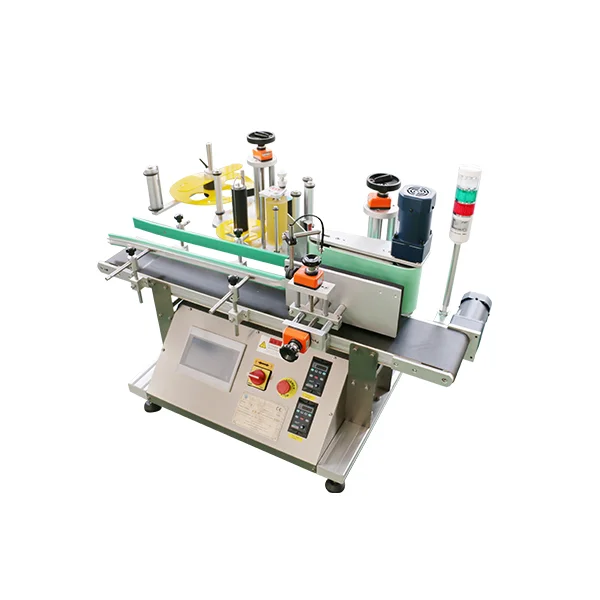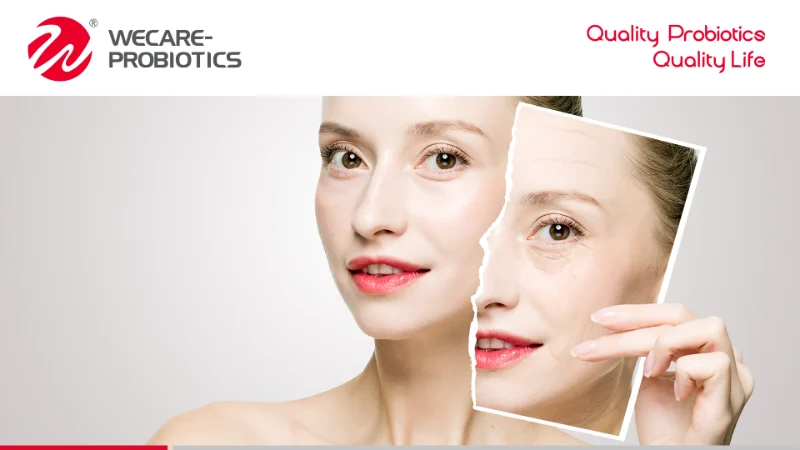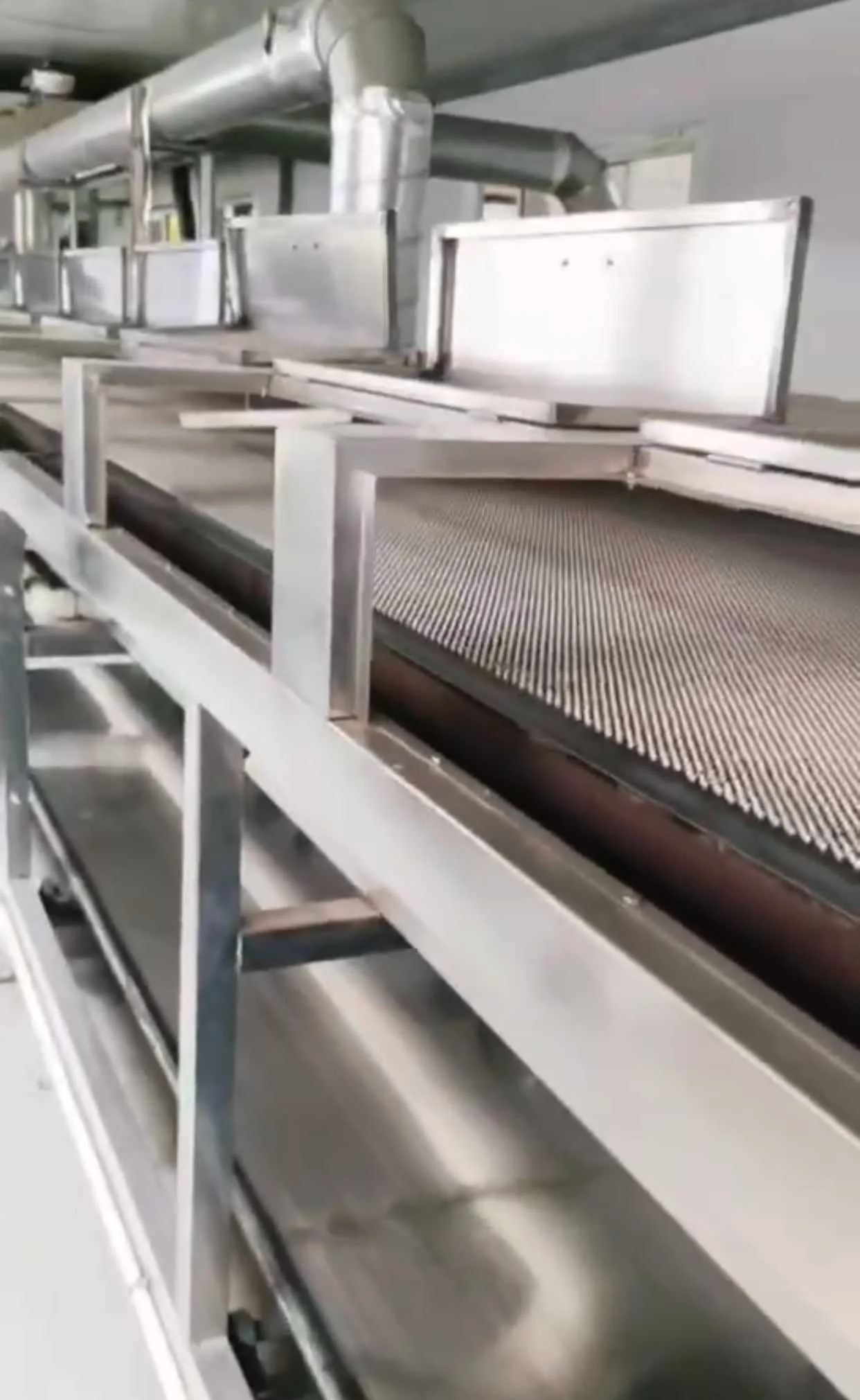Ergothioneine (ET), a naturally occurring amino acid derivative, has gained significant attention in recent years for its potent antioxidant and cellular protective properties. This sulfur-containing compound is found in various organisms, including fungi, mushrooms, and certain plants. While ergothioneine is present in food sources, the human body cannot synthesize it and instead relies on dietary intake. In this blog post, SACH BIOTECH will explore the protective effects of CAS No.: 497-30-3 Ergothioneine for skin cells, focusing on its antioxidant capabilities, cellular mechanisms, and its potential role in supporting skin health and preventing the effects of aging.

Antioxidant Mechanism of Ergothioneine
The protective role of ergothioneine in skin cells is primarily attributed to its powerful antioxidant properties. Oxidative stress occurs when there is an imbalance between free radicals (reactive oxygen species, or ROS) and the body's ability to neutralize them with antioxidants. Free radicals can cause significant damage to cellular components such as proteins, lipids, and DNA, which accelerates skin aging, triggers inflammation, and contributes to the development of various dermatological conditions, including acne, eczema, and melanoma.
Ergothioneine acts as a scavenger of free radicals and ROS, neutralizing these harmful molecules before they can inflict substantial damage. Due to its unique sulfur-containing structure, ergothioneine has the ability to donate electrons to free radicals, stabilizing them and rendering them non-reactive. This process helps reduce the oxidative burden on skin cells and supports the maintenance of cellular integrity.
Additionally, ergothioneine’s antioxidant activity is particularly effective against hydrogen peroxide (H₂O₂) and superoxide anions (O₂⁻), both of which are common byproducts of cellular metabolism and external environmental stressors like UV radiation. By neutralizing these highly reactive molecules, ergothioneine helps protect skin cell membranes, DNA, and other vital cellular structures from oxidative damage.

Skin Protection from UV Radiation
One of the primary ways in which ergothioneine protects skin cells is by shielding them from the harmful effects of UV radiation. UV exposure is a leading cause of premature skin aging (photoaging) and skin cancer. UV radiation generates reactive oxygen species (ROS) that can damage collagen, elastin, and other essential components of the extracellular matrix, leading to wrinkles, hyperpigmentation, and a loss of skin elasticity.
Ergothioneine’s ability to absorb and neutralize ROS in the skin makes it an effective shield against UV-induced damage. Not only does it mitigate the direct effects of oxidative stress, but it also helps modulate the inflammatory response triggered by UV exposure. Studies have shown that ergothioneine can reduce the formation of sunburn cells (a marker of skin damage from UV radiation) and may enhance the repair of DNA lesions caused by UV-induced damage.
Additionally, recent research suggests that ergothioneine may work synergistically with other skin-protective compounds, such as vitamins C and E, amplifying their antioxidant effects. This collaborative action could potentially offer enhanced protection against photoaging and reduce the risk of UV-induced skin cancer.
Anti-Inflammatory Properties
Chronic inflammation is another major contributor to skin aging and the development of various skin conditions. Ergothioneine's antioxidant activity is closely linked to its anti-inflammatory properties, which help maintain skin homeostasis. By reducing oxidative stress, ergothioneine helps prevent the activation of inflammatory pathways, such as the NF-κB (nuclear factor kappa-light-chain-enhancer of activated B cells) pathway, which plays a central role in the body’s inflammatory response.
In skin cells—especially keratinocytes and fibroblasts—ergothioneine can suppress the production of pro-inflammatory cytokines and mediators like TNF-α (tumor necrosis factor-alpha) and IL-6 (interleukin-6). This reduces skin inflammation and redness associated with conditions such as acne, rosacea, and psoriasis. Additionally, by preventing chronic low-level inflammation, ergothioneine may delay the onset of age-related skin issues, including sagging and wrinkles.
Anti-Aging Effects
The cumulative effects of oxidative stress, inflammation, and DNA damage over time are key drivers of skin aging. Ergothioneine, with its powerful antioxidant and anti-inflammatory properties, has the potential to counteract these aging mechanisms. By protecting against oxidative DNA damage, ergothioneine helps preserve the integrity of skin cells and slows down the process of cellular senescence—where cells lose their ability to divide and function optimally.
Moreover, ergothioneine’s ability to prevent the breakdown of collagen and elastin in the skin helps maintain skin structure and elasticity, which is crucial for reducing the appearance of fine lines and wrinkles. Its unique ability to accumulate in skin cells further enhances its anti-aging benefits, offering targeted protection to dermal layers that are constantly exposed to environmental stressors.
Conclusion
Ergothioneine (CAS No.: 497-30-3) is a promising ingredient in the skincare industry, thanks to its potent antioxidant, anti-inflammatory, and cellular protective properties. From defending skin cells against UV-induced damage and oxidative stress to potentially reducing the visible signs of aging, ergothioneine offers a multifaceted approach to maintaining skin health. As research continues to uncover its full range of benefits, ergothioneine is poised to become a key ingredient in advanced skincare formulations designed to protect, repair, and rejuvenate the skin.
Related Products:
1. Pro-xylane
2. Ectoin
https://www.hzsqchem.com/Protective-Effects-of-CAS-No-497-30-3-Ergothioneine-for-Skin-Cells.html
www.hzsqchem.com
SACH



